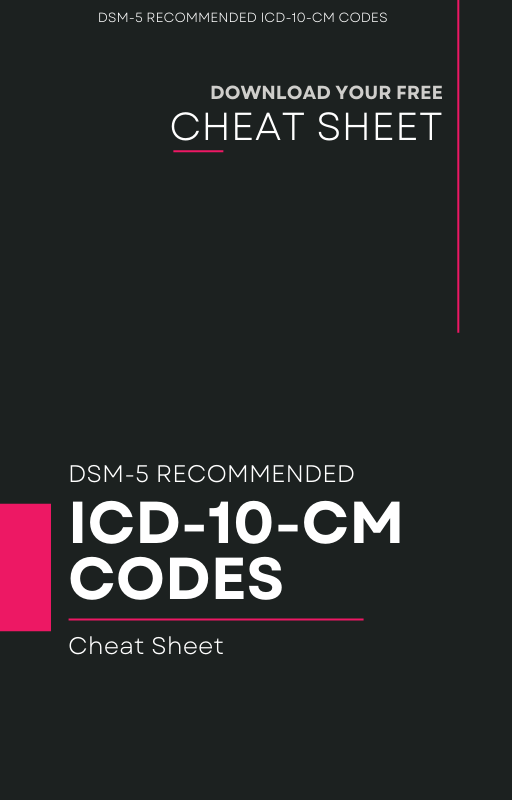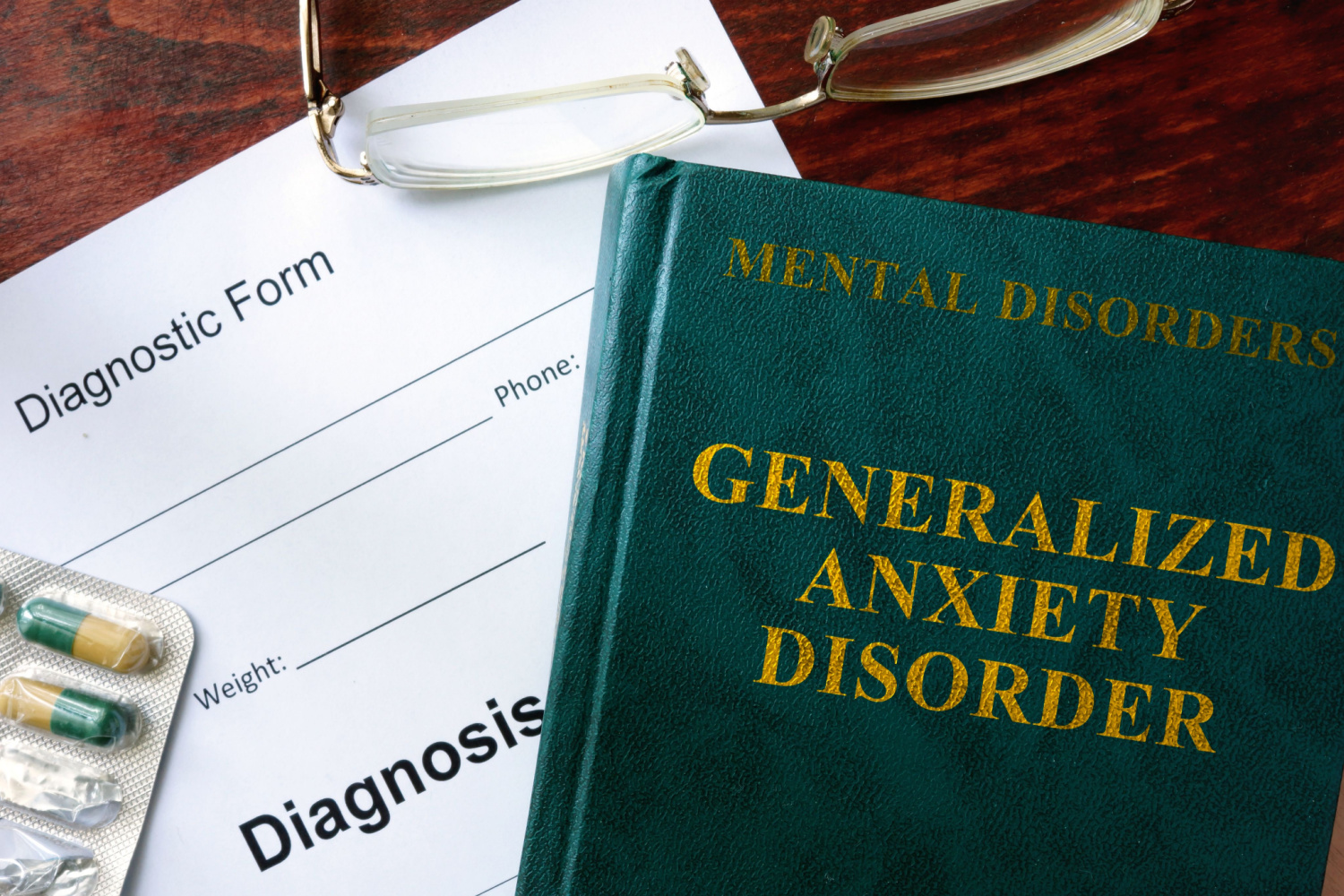Generalized Anxiety Disorder ICD 10
The 2022 updates to the International Statistical Classification of Diseases (ICD-10-CM) have given clinicians more precision in coding for anxiety disorders.
Generalized anxiety disorder (GAD) is coded as ICD-10 code: F41.1. The F41.1 diagnosis code is a billable code that allows you to bill for treating GAD specifically.
See the New 2025 ICD-10-CM Updated Codes Lookup for Mental/Behavioral Disorders (F01–F99)
See previous ICD 10 Updates
Here’s what you need to know about ICD 10 codes for anxiety disorders.
GAD: Symptoms and Prevalence
GAD affects about 3 percent of the U.S. population each year, making it a frequently-diagnosed mental health concern. If you treat patients for anxiety, chances are you’ll be using the F41.1 code regularly.
GAD causes feelings of worry, nervousness, fear, or dread that last six months or more. It may cause a patient to worry excessively over many different problems, or to worry without an apparent cause. Physical symptoms like disrupted sleep, sweating, or feeling short of breath may be present as well. Clients who suffer from GAD often experience worry that is out of proportion to the threats they actually face in day-to-day life. They may be unable to control their worry, and may anticipate worst-case scenarios even when that conclusion is not warranted.
While the exact cause of GAD is unknown, it’s most likely a influenced by various factors including brain chemistry, genetics, personality, trauma history, family background, and other social or lifestyle factors.
Symptom Criteria for Generalized Anxiety Disorder F41.1
To meet the criteria for a diagnosis of generalized anxiety disorder, a patient should have at least three of the following symptoms along with their fear and worry:
- Feeling easily fatigued
- Feelings of restlessness or being on edge
- Irritability
- Difficulty concentrating
- Muscle tension
- Sleep disturbances
Want to learn more about ICD-10 codes? Check out our information on other specific codes, such as ICD-10 Code for Anxiety, Unspecified – F41.9, ICD-10 Codes for Depression – F32.0–F33.3, ICD-10 Code for Altered Mental Status, Unspecified – R41.82, and ICD-10 Code for Suicidal Ideation – R45.851.
Keep in mind that in addition to competent ICD-10 coding, there are other strategies you can take advantage of to increase the odds that you’ll get paid for your hard work. You could also consider adopting measurement-based care and taking advantage of all the payment opportunities associated with it.
ICD-10 Diagnosis Coding with the Valant Electronic Health Record
Valant is an EHR software company composed of industry experts who understand how challenging it can be to keep up with ever-changing coding requirements. To learn more about our EHR system, and the strides we take to streamline behavioral health businesses, request a demo from Valant today.









